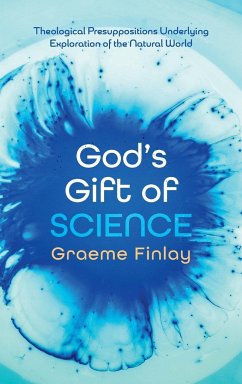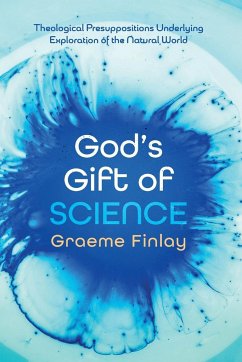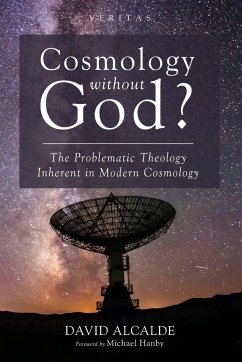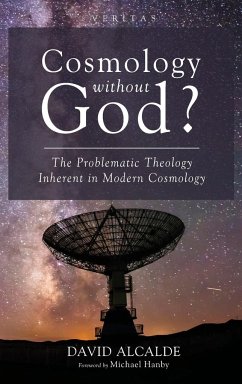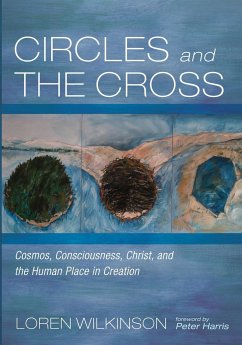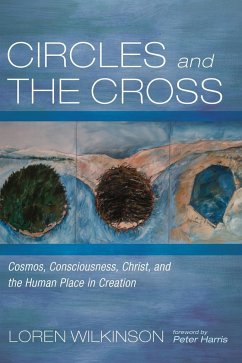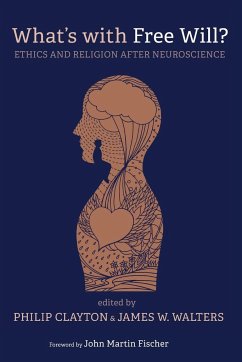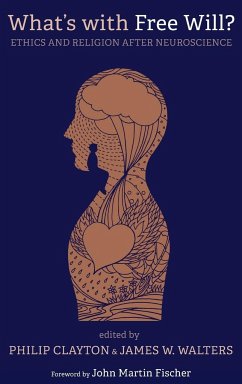Science is an aspect of modern culture that carries a huge weight of prestige. It operates on a foundation of supporting presuppositions, understandings of reality that people assimilate from infancy. Such presuppositions constitute our worldviews, but we are generally unaware of them. In this book, Graeme Finlay argues that many presuppositions that were essential for the development of science were imbibed from Judeo-Christian faith in the creator God, and they remain vital for the continued vitality of science. Furthermore, theology and science share a feature that points towards their common engagement with reality. New findings catch us by surprise--so much so, that we must conclude that we encounter previously unrecognized realities in genuine experiences of discovery. We don't invent those surprising phenomena. Both theology and science engage with an objective reality that is not of our construction. The subterranean connection between science and theology at the level of presuppositions and their openness to engage with reality indicate the potential for ongoing fruitful and mutually beneficial dialogue between the two disciplines. The author illustrates this potential through examples from the field of ecological economics.
Hinweis: Dieser Artikel kann nur an eine deutsche Lieferadresse ausgeliefert werden.
Hinweis: Dieser Artikel kann nur an eine deutsche Lieferadresse ausgeliefert werden.

